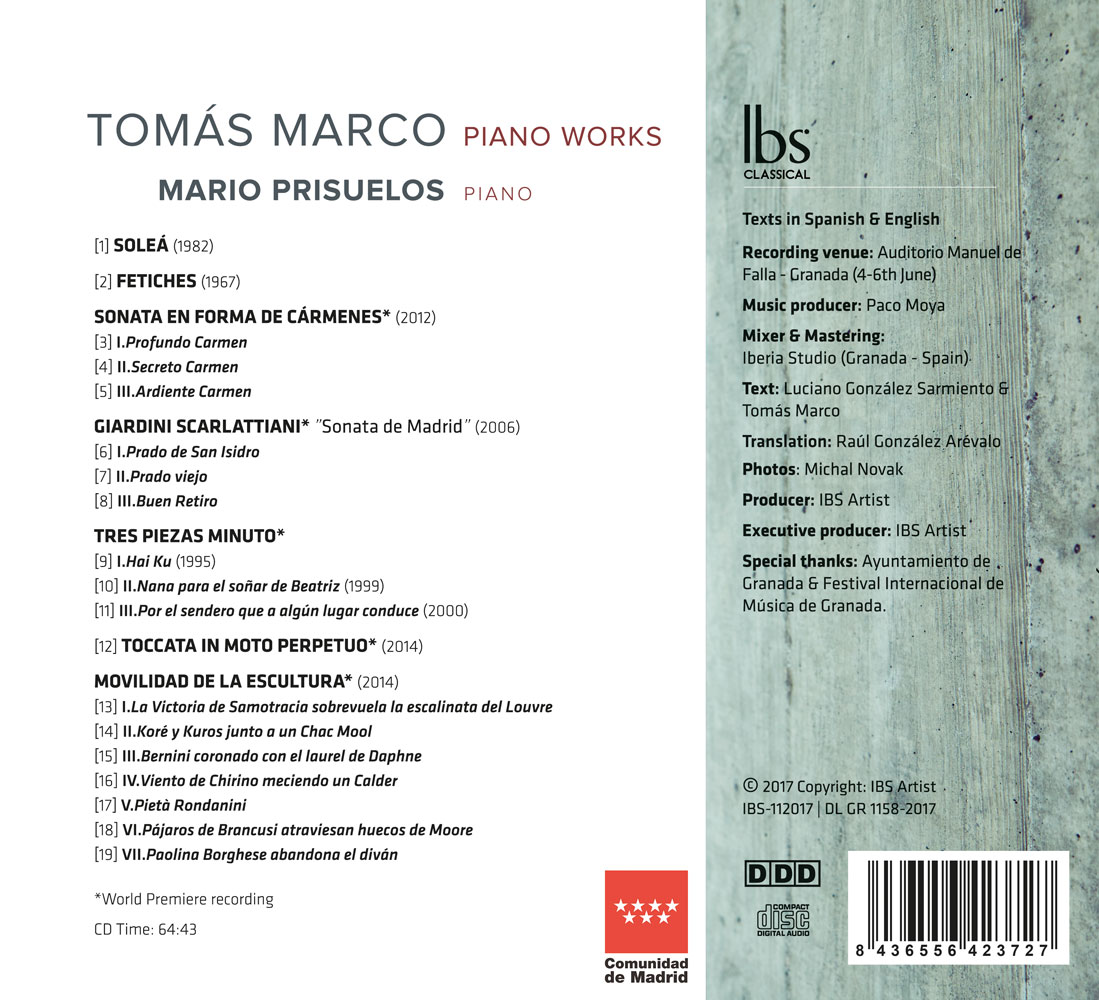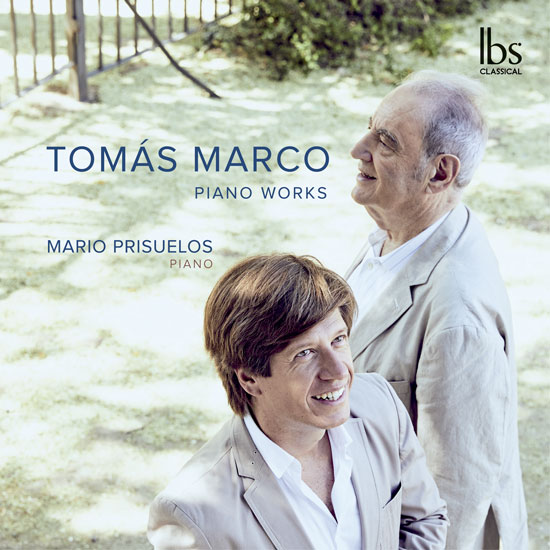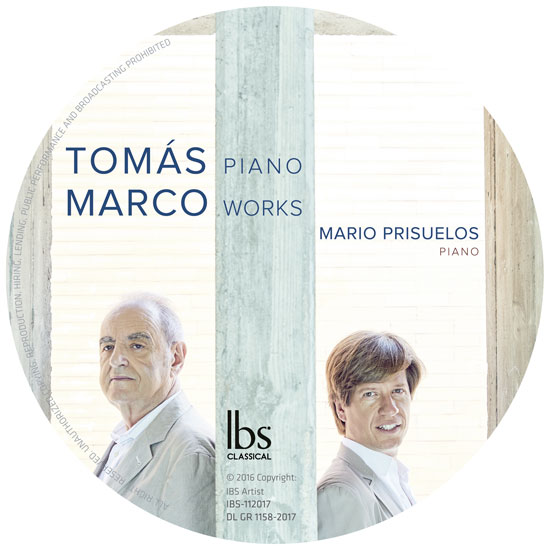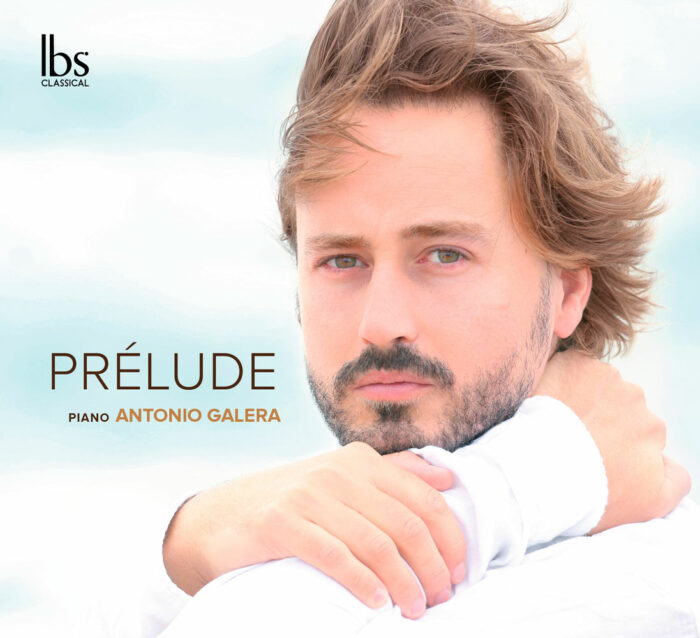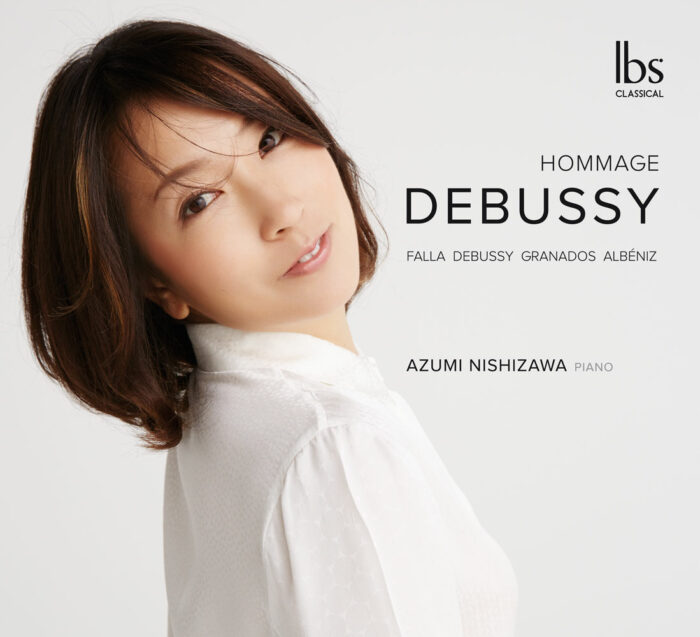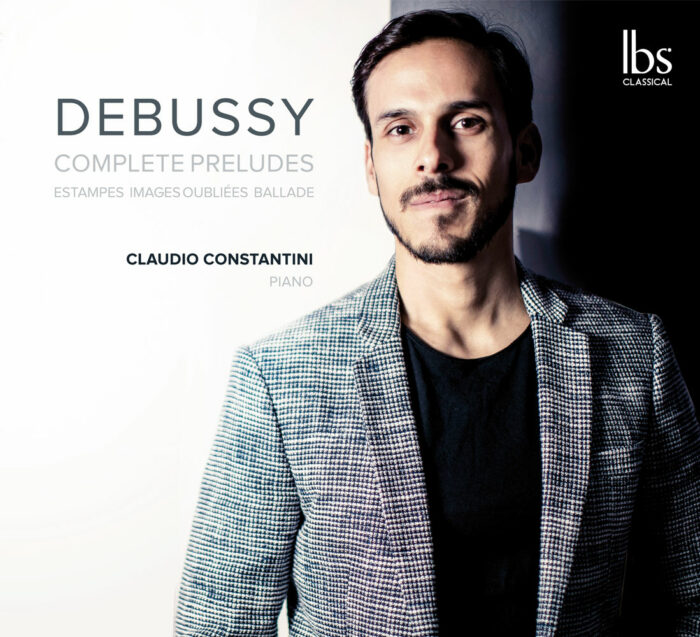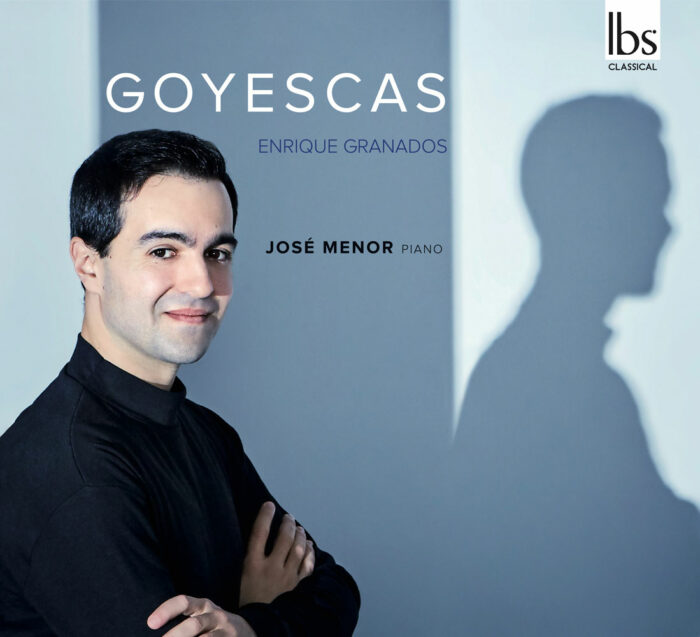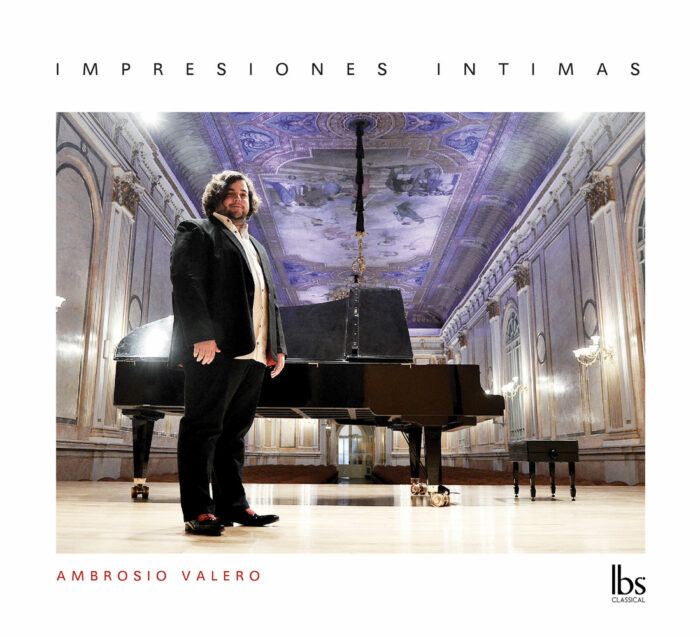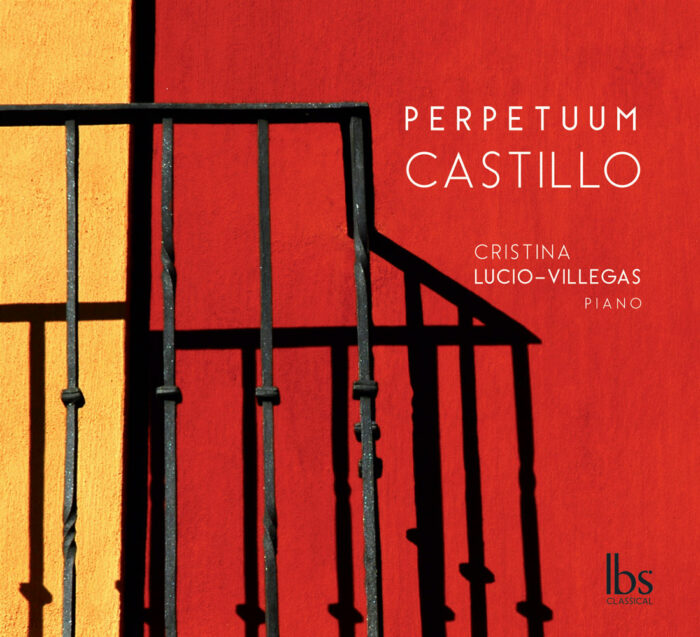Tomás Marco Piano
14,95€
Mario Prisuelos
Tomás Marco deconstructs reality to recompose it and return it interpreted and transformed in a work of art, achieving what Hegel denominated “the sensitive appearance of the idea”, that is, knowledge, which “puts man before himself” and makes of art “a experience that transforms whom experiments it” (Gadamer, Truth and Method) and which, unlike Nietzsche, for whom his time was not radically “his time”, philosophically places him in the time he has to live. Tomás Marco is a man of his time that cultivates, explores and scrutinises with his look that is always critic and never free from enriching eagerness. He fulfils what his time demands him and, as a result, his work is developing as one of the historical reasons of our time.
14,95€
Works
This sound document edited by the company IBS Classical, which pianist Mario Prisuelos has prepared on an anthological dimension of Tomás Marco’s solo piano works, offers a panoramic view that begins with Fetiches (Fetishes, 1967), the second of his piano catalogue after Piraña (Piranha, 1965), dedicated to Juan Hidalgo, that defines the first and significant features of a personality forged in the knowledge and projected towards creative originality. Such is the “radical reality” that Tomás Marco built in the 1960’s, nourishing from the paradigms that intoxicated the dreamy vanguards of Boulez, Maderna, Ligetti and Stockhausen, of whom he was a close collaborator, and being imbued with the dialectical thought of philosopher Theodor W. Adorno. This background allows Marco to tackle the poetics of deconstruction apart from taxonomies of the old and the new style, appreciating deconstruction as a reflexive process that allows the creator a re-reading of history and reality itself. It also allows him to build on it from a hermeneutic originality, as can be easily deduced from his champion’s thought, Jacques Derrida (1930-2004), specially expressed in his Of Grammatology, precisely written in 1967, the year in which Marco began his piano production itself. Therefore, it defines more a strategic than a systemic attitude, which is not even methodological before the creative process, which Marco lavished throughout his entire work –not only pianistic– as exploration and not as aim.

